By Judy Clabes
NKyTribune editor
A Kenton County judge’s decision on the property dispute between neighbors over ownership of a garage in Covington’s Historic Licking Riverside district has now been appealed to the Kentucky Court of Appeals.
The contentious lawsuit is between the neighbors, Marc Tischbein and Peggy Rankin who own the Main House at 420-422 Riverside Drive and Scott and Lorrie Hill who own the Carriage House at 109 Shelby. Both properties are at the confluence of the Licking and Ohio Rivers.
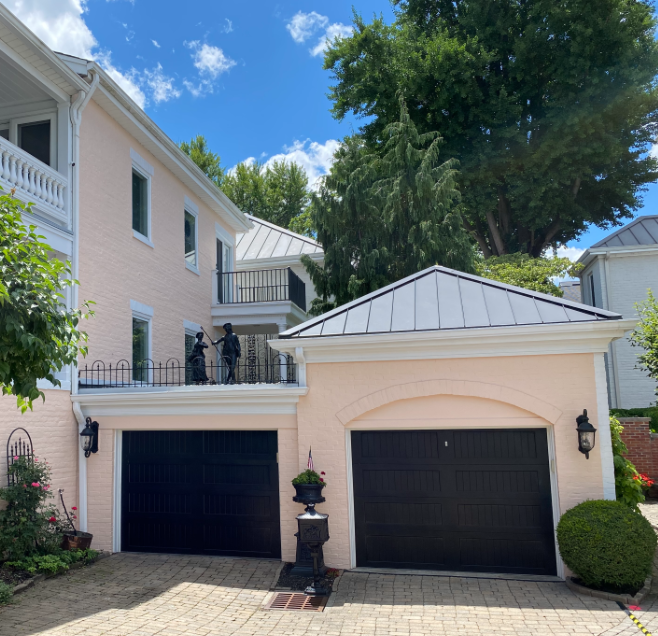
The lawsuit had been in the court of Kenton Circuit Judge Kathleen Lape since 2018 and filings have been piled up and depositions have been submitted and insults have been hurled ad infinitum until the judge finally issued an appealable “summary judgment” in the case.
She awarded “ownership” of a garage for which the “out-of-town” buyers, the Hills, have a deed saying is theirs.
The Hills purchased the Carriage House in 2018 from Covington businessman David Klingshirn, a deacon in their Cincinnati church, who at one time owned the Main House as well. Klingshirn and Tischbein were close friends and for some time shared the Main House, though the deed was in Klingshirn’s name.
In 1993, Klingshirn, Tischbein, and Rankin, then Tischbein’s fiancee, purchased the Carriage House together and undertook extensive renovations that included the building of two garages which are jointly attached to the Carriage House. And, at one point, because Klingshire wanted to cut expenses, they agreed to split the properties with the Main House going to Tischbein and Rankin and with Klingshirn taking the Carriage House. Later, Klingshirn decided to sell the Carriage House to move into a retirement community in Cincinnati — and Tischbein and Rankin declined to buy it from him.
The threesome’s friendship is a fatality in the lawsuit, as “gentleman’s agreements” and not written documents governed the relationship. And the Hills became collateral damage when they purchased the property from Klingshirn and the deed showed both garages on it. Klingshirn testified that “of course” both garages were on his part of the property.
Lape made the “summary judgment” decision on the basis of a legal concept called “adverse possession” though she started out saying Tischbein-Rankin had a “license” to use the garage. These, the NKyTribune’s legal analysts say, are two contradictory concepts. One is “adverse” (meaning not consensual) and the other is voluntary. These are two legal options to take possession of someone else’s property. But you can’t argue both ways. Also, there was never a written “license” regarding the use of the garage in question.
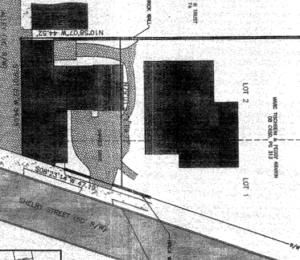
The judge also said that it was impossible for the Hills to win the lawsuit at a jury trial, which they had been asking for — and which she denied.
By law, our analysts say, a “summary judgment” is appropriate when there is no dispute between parties about the facts of the case. And there is plenty of dispute about the facts in this case, therefore making it appropriate for the Court of Appeals.
The appeal also makes the point that the judge never ruled on the Hills’ request for more information through discovery.
The appeal suggests that when there are contradictions in testimony — which is certainly the case here — that a judge can’t just pick certain facts to fit a decision while ignoring facts that don’t fit.
The Court of Appeals can agree to hear the case — and has options: To agree with Judge Lape’s decision (which sets up an appeal to the state Supreme Court) or to send the case back for a jury trial in Judge Lape’s court. If it is sent back to the lower court, it can come back with very specific directions as to how the judge should proceed.
See the NKyTribune’s story about the garage feud here.
To read all the documents that make up the appeal, click here.
Stay tuned for the next chapter.







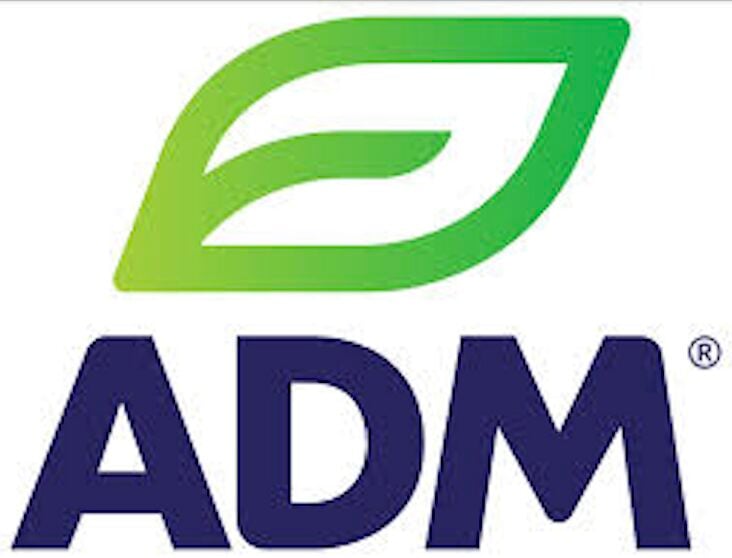


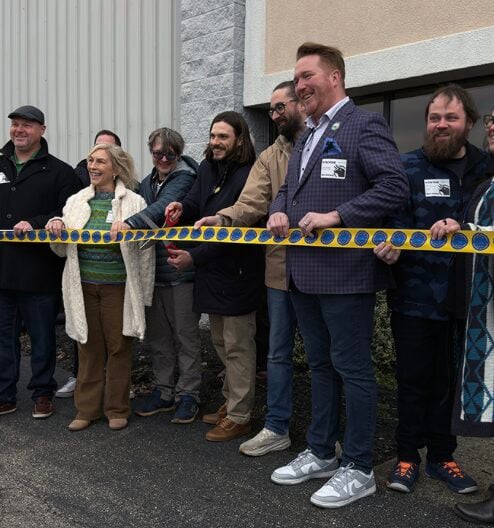




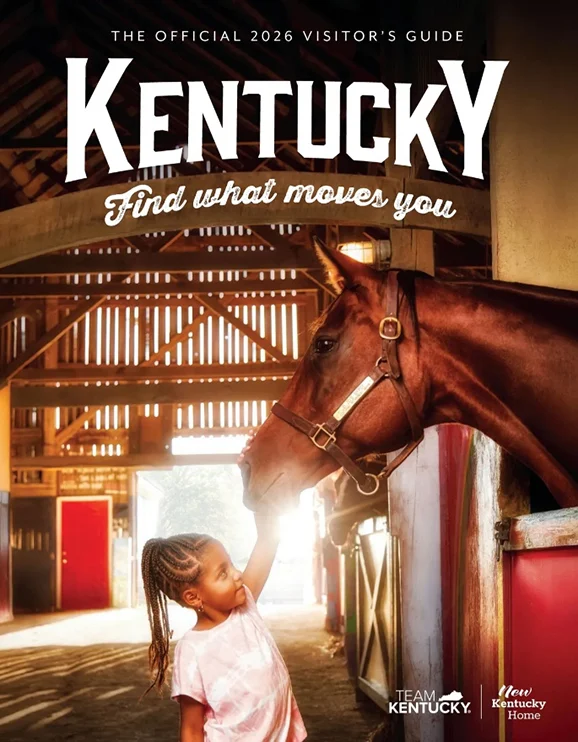
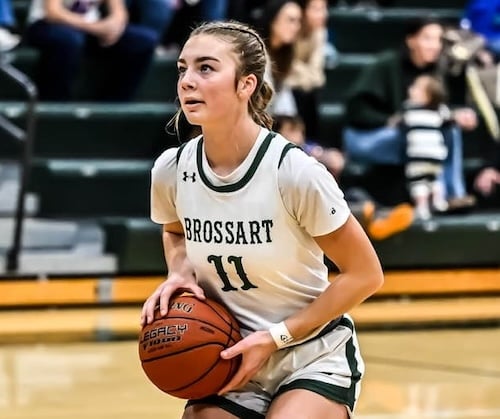

I think you’re exactly right William. The hills have the deed and are paying the taxes and utilities on the property. This is just such a farce
This is the most ridiculous and unbelievable situation. It should be as simple as who is paying the taxes on the property and who is paying to have the garages insured as part of their property? Whose deed includes the garages? Looks like a lot of behind the scene and good ol’ boy stuff.